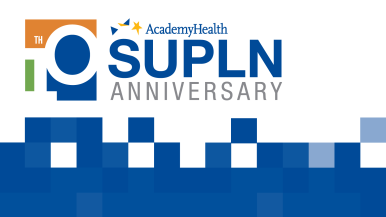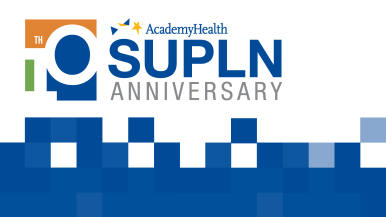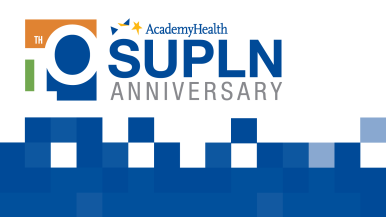From Insight to Impact in Trying Times: Measuring Safety, Quality and Value at the 2025 Annual Research Meeting
2025 ARM Theme Leader Dolapo Fakeye previews sessions focused on Measuring Safety, Quality, and Value at the upcoming conference this June in Minneapolis.



